My alarm clock drools and has bad breath. I’m not sure how they do it but my dogs always know when it is 10 minutes before the alarm is to go off. The first sign of this is what sounds like a vacuum against my ear followed by a warm blast of salmon scented breath. If that isn’t enough to get me moving, a large pink tongue slimes me from chin to eyebrows and back. The next step is a pair of boney elbows digging into my chest. It is a great deal more effective than that annoying buzz from the clock.
My point is dogs can tell time. No, they won’t sit up and tell you it is 5:50 AM. What they will do is stop working and morph into play mode if you don’t vary your training duration. I’d heard about it from a well known trainer but hadn’t seen it, until we had a member join for the expressed purpose of doing disaster work. He and his dog frequently worked rubble piles. Unfortunately, most disaster training sites can be searched by a good dog in about 10 minutes. What we found when doing wilderness problems his dog shut down after 20 minutes. We had him reduce the number of rubble trainings and increase the wilderness trainings in excess of an hour. In a few short weeks his dog stayed focused for four hours at a crack.
Since then it has been obvious when a dog and handler are working for the same length of time for most of their trainings. If you are training a SAR dog, start recording the start and stop times of your search problems. Every couple of weeks look through and verify problems are significantly different in duration. Watch your dog’s body language. Can you identify if it is working or just out for a totally excellent walking adventure?
A dog that may find a subject at 10 minutes and another time at 2 hours will work long and hard and remain focused on the job. That is why we search, so that others may live, not to give our dogs a long walk.

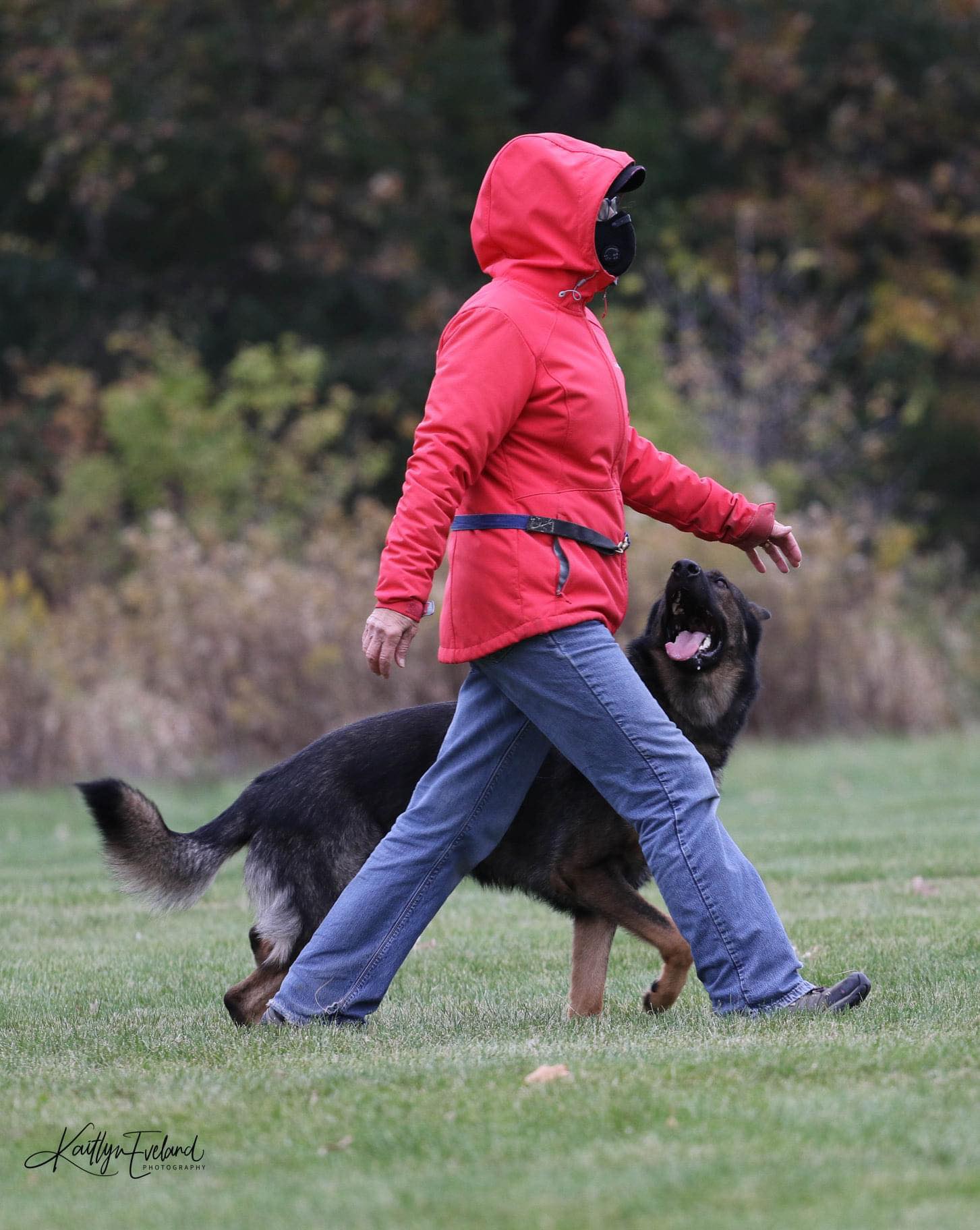
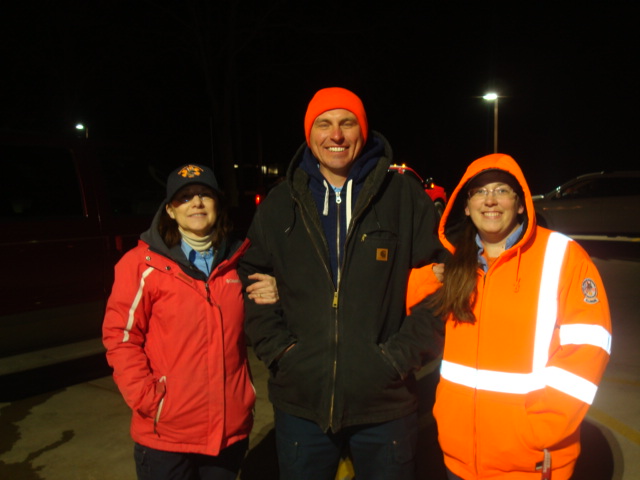
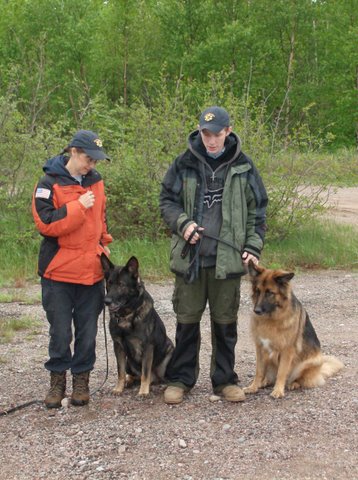
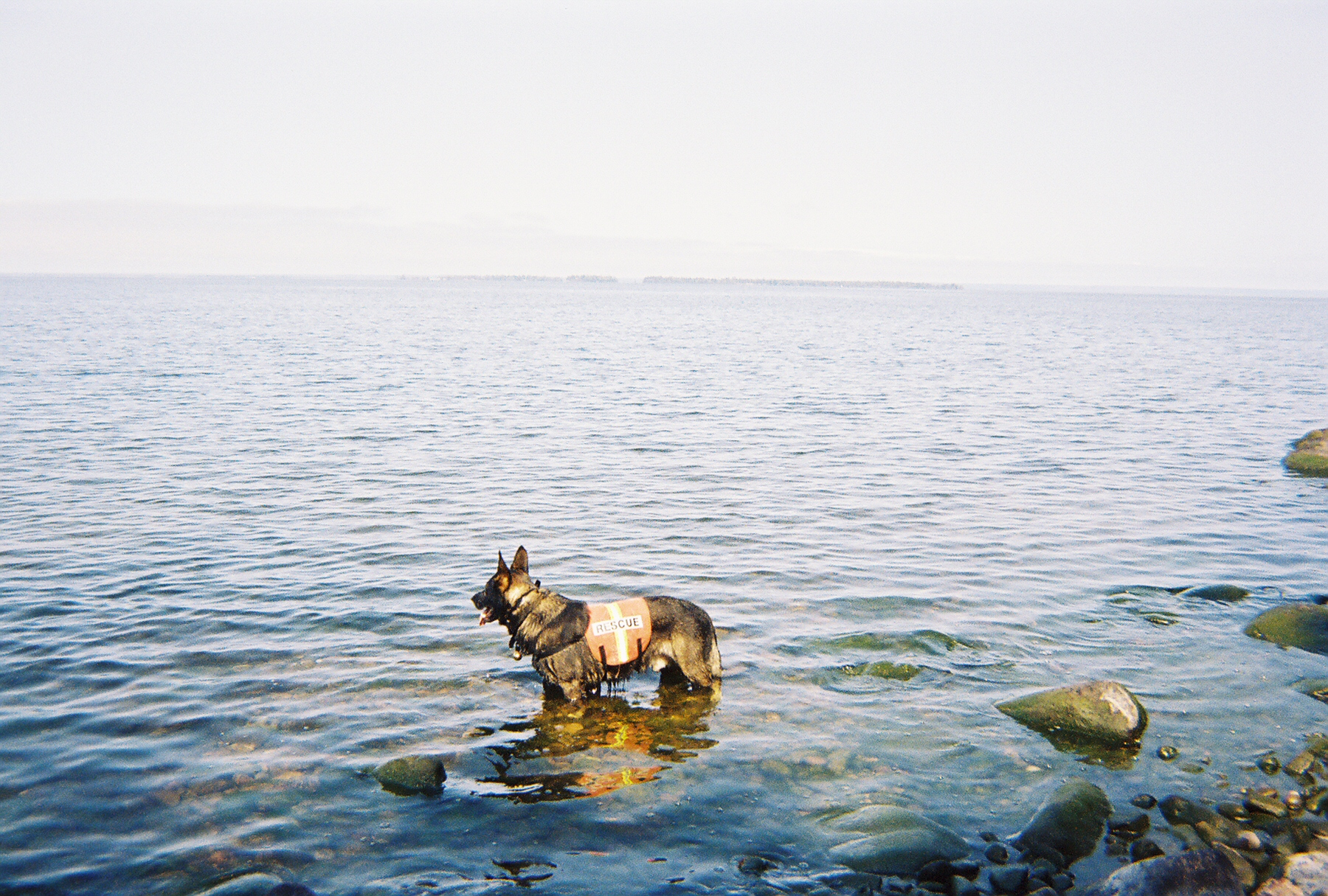
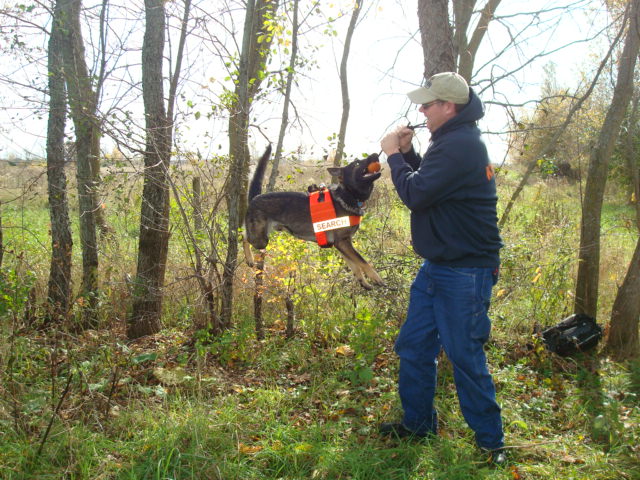

Leave a Reply